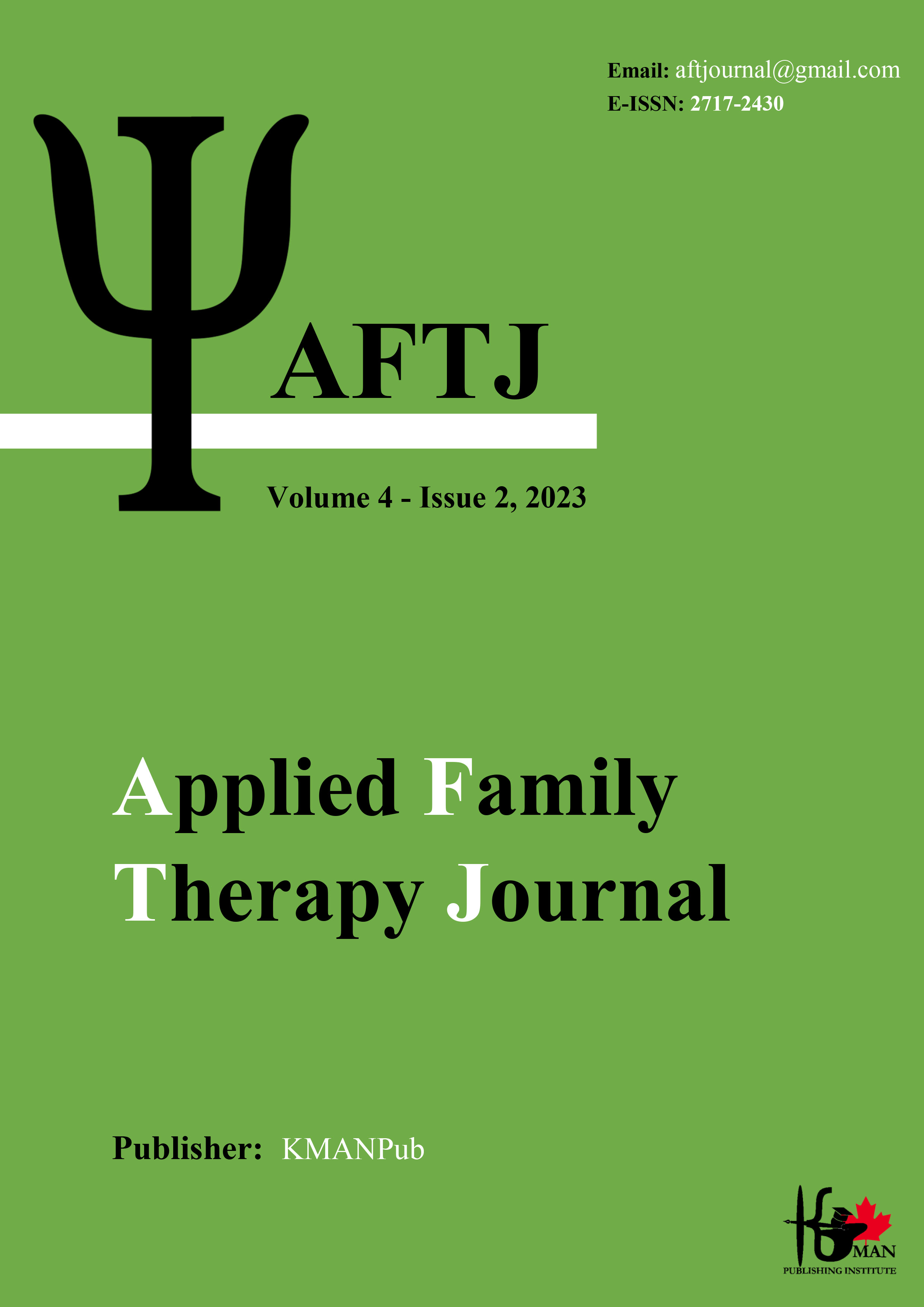The effectiveness of compassion-focused therapy on emotional eating behavior, emotional dysregulation, perceived stress and rumination in women with chronic obesity
Keywords:
compassion, emotional eating behavior, emotional dysregulation, perceived stress, ruminationAbstract
Aim: The present study was conducted with the aim of determining the effectiveness of compassion-focused therapy on emotional eating behavior, emotional dysregulation, perceived stress, and rumination in women with chronic obesity. Method: The current research was part of the semi-experimental designs with pre-test-post-test-follow-up with control group. The statistical population of the current study included all women with chronic obesity and body mass index who referred to the Kian nutrition counseling clinic in Tehran between May and July 2022. In order to form two groups using the purposeful sampling method (taking into account the entry and exit criteria), first 30 women with chronic obesity and body mass index were selected by screening method and then randomly 15 patients in the experimental group and 15 patients in the group The witnesses were grouped. The program of compassion-focused treatment sessions during 8 90-minute sessions was formed for the experimental group based on the protocol of Neff and Germer (2013). Also, the follow-up phase was performed three months after the post-test on all three groups. The research tools included the emotional eating behavior questionnaire of van Strein et al. (2009), the emotional dysregulation questionnaire of Gratz and Romer (2004), the perceived stress questionnaire of Cohen et al. (1983) and the rumination questionnaire of Nolen Hoeksma and Marrow (1991). The data of the research were analyzed using repeated measurement analysis of variance test. Results: The results of data analysis showed that the treatment focused on compassion in the participants of the experimental groups compared to the control group had a significant effect on improving emotional eating behavior (F=115.83, P<0.001), emotional dysregulation (F=98.10, P<0.001), perceived stress (F= 101.53, P<0.001) and rumination (F= 74.52, P< 0.001) in women with chronic obesity and body mass index. Conclusion: Therefore, it can be concluded that compassion-focused therapy improves emotional eating behavior, emotional dysregulation, perceived stress, and rumination in women with chronic obesity.
Downloads
Downloads
Published
Issue
Section
License

This work is licensed under a Creative Commons Attribution-NonCommercial 4.0 International License.





















